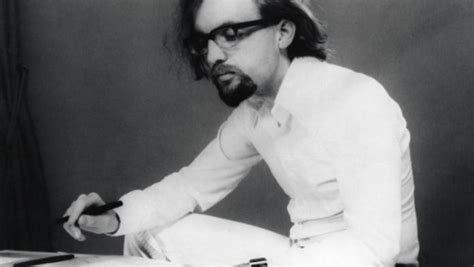A Quote by Brian Ferneyhough
Hence my obstinate emphasis on stylistic continuity from work to work rather than specific sibling relationships between the individual work and other members of its stylistic 'family' in the world outside.
Related Quotes
What we often take to be family values--the work ethic, honesty, clean living, marital fidelity, and individual responsibility--are in fact social, religious, or cultural values. To be sure, these values are transmitted by parents to their children and are familial in that sense. They do not, however, originate within the family. It is the value of close relationships with other family members, and the importance of these bonds relative to other needs.
The big tradition, I think, is unity. And I have that in mind; and with that, you know, you could break all the traditions- all the other so-called rules, because they are stylistic.. and most are not true. As long as the marks are related to one another, there is unity. Unity in the work itself depends on unity of the artist's vision.
I'm interested in the ongoing war between the individual and community. That inner dissent against whatever group is surrounding you. No one wants to cede their selfhood to a group, right? And yet no one can exactly live outside the group, either. Even the most obstinate survivalist probably lives in some telepathic communion with all the other obstinate survivalists out there in the woods.
There are many other writers whose work I admire tremendously, but none whose work struck me at just the right young age. Jack Vance taught me that speculative fiction, science fiction, could be wonderfully and liberatingly stylistic. It didn't have to be pulp stuff. He really changed my writing and my view of science fiction, so if nothing else, my little homage to him in the novelette I wrote for that anthology is my thank-you to him. He helped me see that any genre can have excellent writing in it.
Coming to terms with the rhythms of women's lives means coming to terms with life itself, accepting the imperatives of the body rather than the imperatives of an artificial, man-made, perhaps transcendentally beautiful civilization. Emphasis on the male work-rhythm is an emphasis on infinite possibilities; emphasis on the female rhythms is an emphasis on a defined pattern, on limitation.
The achievements of an organization are the results of the combined effort of each individual.
People who work together will win, whether it be against complex football defenses, or the problems of modern society.
Individual commitment to a group effort - that is what makes a team work, a company work, a society work, a civilization work.








































